Strong Bones: 5 Foods to Strengthen Your Bones
America is afflicted by a public health crisis of deteriorating health and a rapid increase in degenerative diseases. Despite the government’s recommendations and health checks for maintaining optimal bone health, conditions linked to fragile bones like osteoporosis are extremely prevalent. Recently scientists are learning that the advice from national organizations may actually be contributing to this epidemic of poor bone health.
One of the most common myths still written into national organization’s dietary recommendations is that dairy, especially milk, provides our body with the necessary calcium we need for strong bones. You may have once too believed that 3 glasses of milk daily would reduce your risk of osteoporosis. Unfortunately these notions are false and can deplete the minerals in our bones.
Fortunately, you can reverse the declining health of your body and develop strong bones with lifestyle changes and different dietary patterns.
Calcium Supplements Useless
You would assume that countries that consume the highest amounts of dairy and calcium supplements compared to anywhere else in the world would have the lowest incidence of bone fractures. You would be wrong. These advanced countries actually have the highest fracture rates. Oddly enough the fracture rate of counties like Asia and Africa whose natives consume little dairy products and no calcium supplements have as much as 70% a lower incidence.
The Western diet is largely made up of acid forming foods such as highly refined grains, sugary foods, and processed meats. The pH of our blood is 7.365 and is extremely sensitive to changes. Even a pH change of 0.1 can be lethal to our body. These acidic foods cause our tissue including bone, muscle and joints to leach out minerals to stabilize the pH of the bloodstream. As a result, alkaline minerals like sodium, magnesium and calcium become depleted from our bodies.
How can you help your body heal? Make these 5 changes to your diet to develop strong bones and boost your overall wellbeing.
1. Only Use Raw, Fermented Dairy
Animals fed a diet rich in grain produce dairy products that are very acidic and promote inflammation in the body. As you just read, consuming the recommended serving of pasteurized dairy products will do the body more harm than good. Drinking a glass of pasteurized whole milk in cereal at breakfast followed by a cup of syrup sweetened yogurt with granola at lunch and a cheeseburger for dinner is a grossly misleading concept that does not contribute to optimal bone health.
One simple switch you can make in your diet is to swap the pasteurized dairy you consume with raw milk from pastured animals. The nutrition in this milk is more bioavailable to our bodies for absorption and is not as acidic. (3)
Although calcium likely first comes to mind when you think of bone health and milk, the right sources of milk also contain magnesium. Magnesium is required for calcium metabolism in the body and developing and maintaining the structure of bones. Approximately 60% of magnesium is concentrated in the bones making it the richest source of magnesium compared to any other tissue in the body (6). (1, 7)
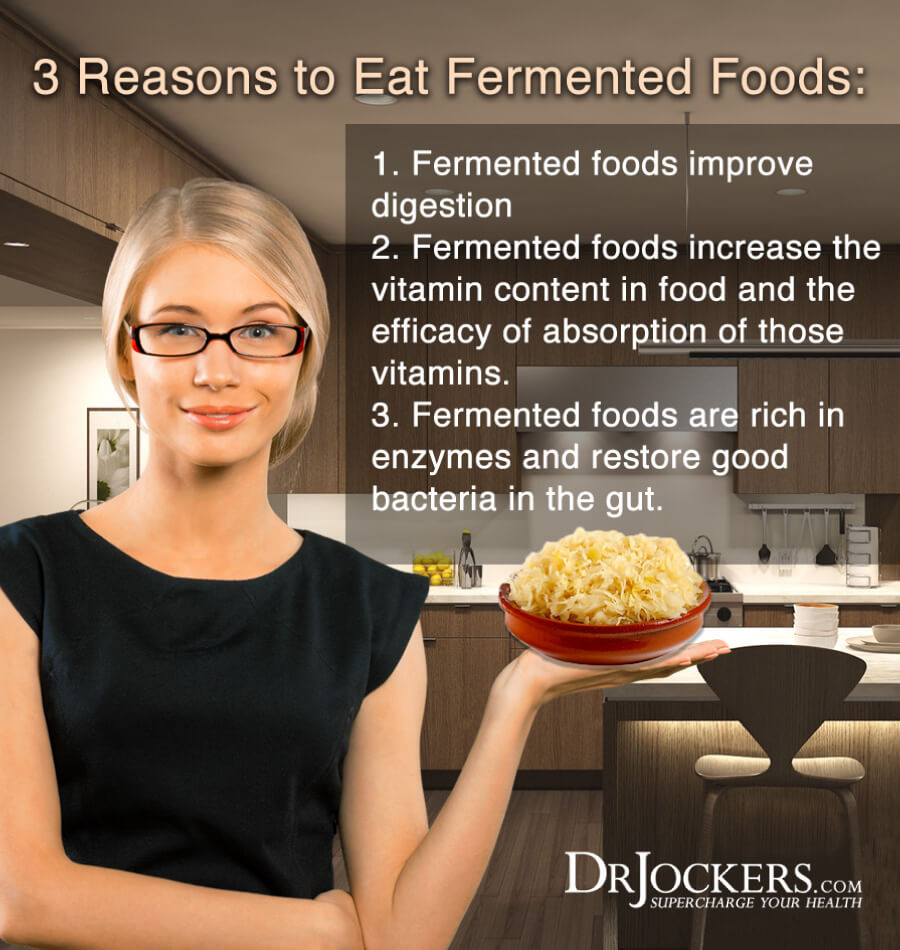
2. Eat Green Leafy Vegetables
Fresh and raw fruits and vegetables are some of the best building blocks for healthy bones. Dr. Dawson Hughes published a study in 1990 where he said “When fruits and vegetables are metabolized they add bicarbonate, an alkaline compound, to the body…Our study found that bicarbonate had a favorable effect on bone reabsorption and calcium excretion. This suggests that increasing the alkali content of the diet may attenuate bone loss in healthy older adults.”
Antioxidant rich vegetables repair damage to bone tissue that oxidative stress causes. Dark leafy greens are loaded with essential bone health vitamins and minerals such as calcium, magnesium, iron, vitamin K and many trace minerals (4, 6). These minerals are critical for the development of strong bones.
Add veggies such as collard greens, arugula, swiss chard, kale, spinach and mustard greens into your diet daily for optimal nutrition. These greens help fight inflammation and provide the body with essential phytonutrients to rebuild and maintain cells in the bone. (2)
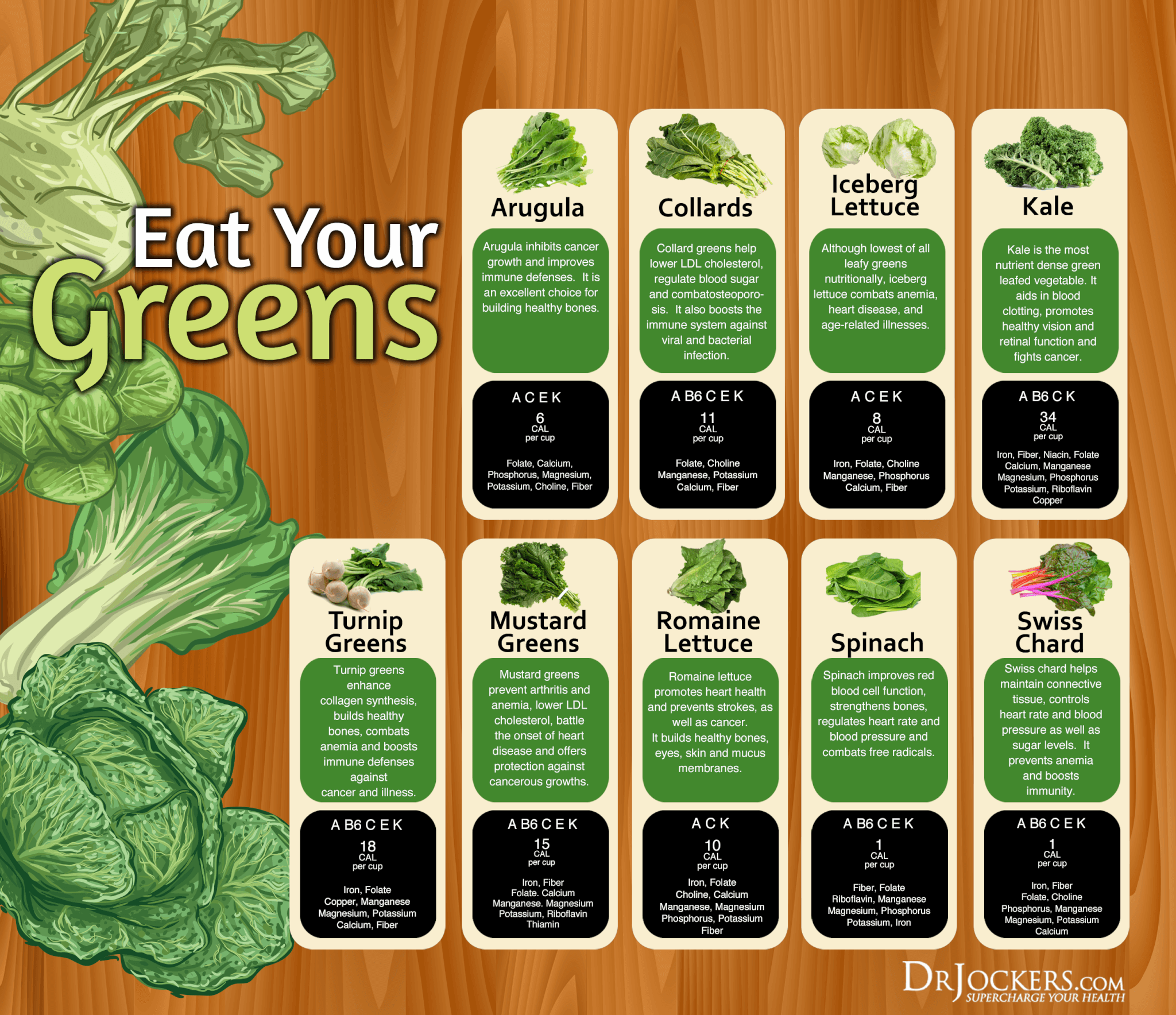
3. Pasture-Raised Egg Yolk
Pastured-raised eggs are a compact source of antioxidants containing 13 essential nutrients contributing to bone health. Unlike conventional raised eggs which receive synthetic vitamin D as an alternative supplement compared to the natural vitamin D pastured chickens receive from sunlight, eggs provide choline, riboflavin, folate, lutein, zeaxanthin, vitamin D, protein, and healthy fats. (5)
However, most of these vitamins and minerals are contained in the yolk of eggs (11). Specifically, bone marrow nutrition requires proper biotin levels to function effectively of which egg yolk contains the greatest concentration of this bone health nutrient. Consuming high quality egg yolks on a regular basis will help you develop strong bones.

4. Bone Broth and Collagen Protein
Bone broth is an excellent source of nutrients for all the bones in your body. Depending on the bone’s size, certain bones such as your humerus contain more bone marrow and require a different supply of nutrients. Bone broth made from grass-fed animal bones are rich in healing nutrients like collagen, gelatin, chondroitin sulfate, proline, glycine, magnesium, calcium and many others essential for bone health. (8, 9)
Collagen protein is especially necessary for the health of connective tissue including cartilage, joints and bone. Supplementing your diet with bone broth and collagen protein is a great way to increase the density of nutrients in your bones and reverse deficiencies which lead to degenerative bone diseases.
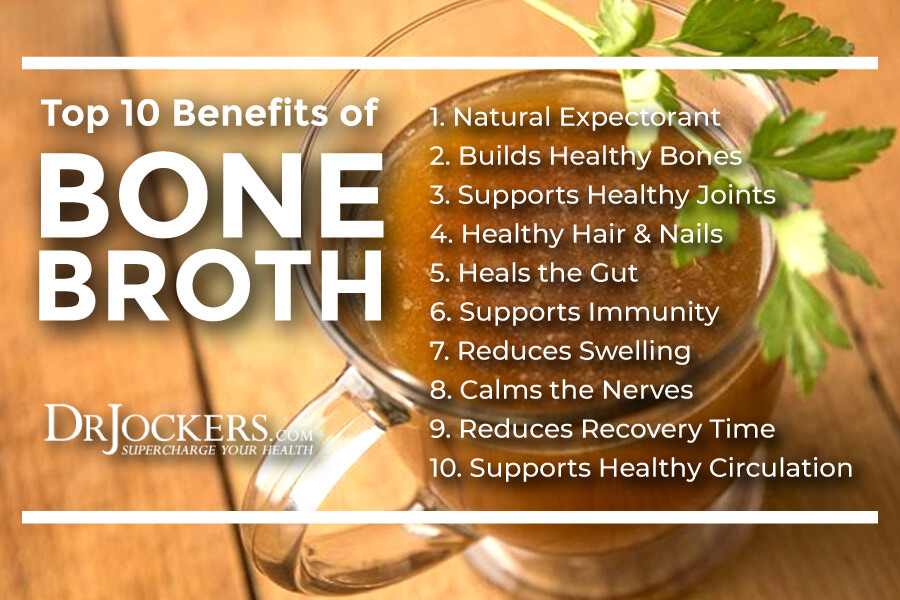
Commercial Bone Broth:
If you don’t have the time or energy to make your own broth, there are many commercial bone broths available. Premade bone broth comes in both liquid and powdered forms. My favorite brand of liquid premade bone broth is Kettle & Fire (here) which I have found to be the very best on the market.
The reasons why I love Kettle and Fire is that they only use 100% organic and grass-fed animal bones for their broths. This is especially important as these animals are not exposed to pesticides and herbicides and do not bio accumulate a high toxin load.
Additionally, Kettle and Fire uses a slow simmering process to help extract the maximal amount of minerals and collagen from the bones. My family loves the flavor of their bone broth and we use it on a regular basis. In fact, Kettle and Fire was the first “food” we introduced to our little daughter Joyful when my wife was unable to produce enough breast milk to meet her needs. You can use this link here to get 20% off and free shipping on Kettle & Fire broth.
5. Sea Vegetables
Sea vegetables are the ocean’s superfood providing us an abundance of nutrients and minerals. Some of the most readily available nutrients contained in sea vegetables like seaweeds, also called marine algae, are iodine, folate, selenium, magnesium, calcium, beta-carotene, choline, niacin, iron and vitamin K. (10)
Sea vegetables also help to buffer the bloodstreams pH which is critical to aiding in the maintenance of proper bone density and the development of strong bones. Here are some of the top sea vegetables you can add to your diet:
- Kelp
- Nori (commonly found as wraps for sushi)
- Dulse
- Irish Moss
- Sea Palm
Vitamin D Absorption from the Sun
The strength of your bones is primarily a reflection of the diet you consume. However, other lifestyle factors also contribute to bone health. The dangers of the sun have caused many people to avoid sun exposure or slather on toxic sunscreen to reflect not only the sun’s rays but also prevent our body from absorbing natural vitamin D.
Healthy bone structure is dependent on vitamin D and the energy that stimulates our cells. This nutrient which is critical to hormone production is much more dangerous to avoid than to be out in the sun. Consider boosting your vitamin D levels with a supplement containing 5,000 to 10,000 IU daily.
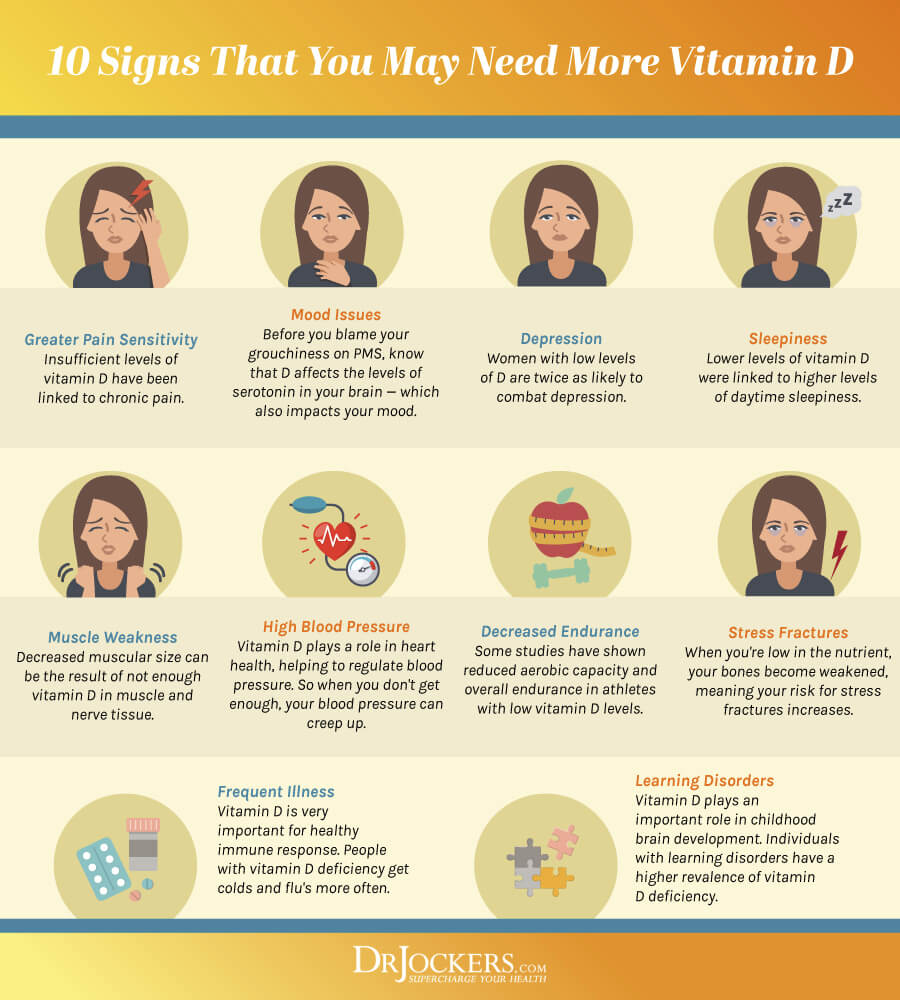
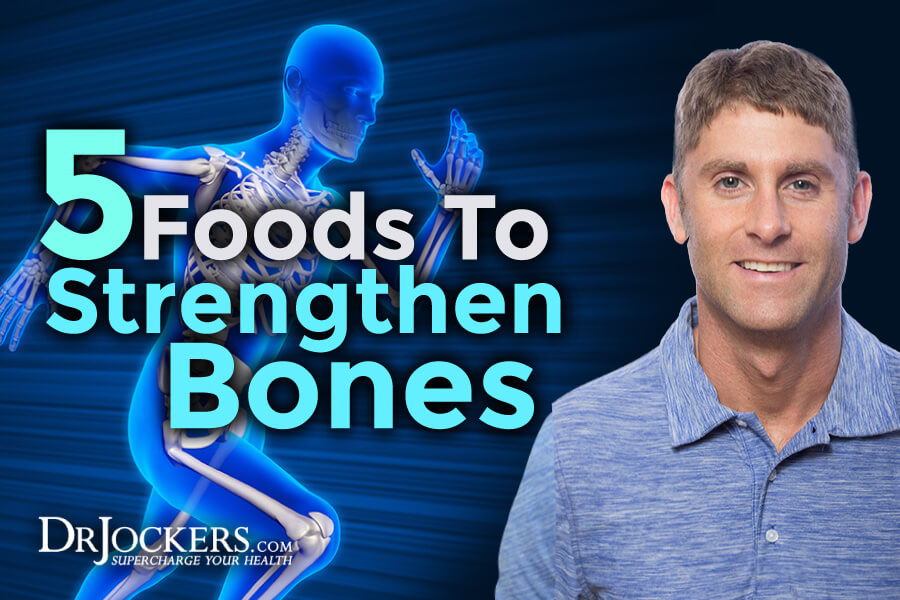
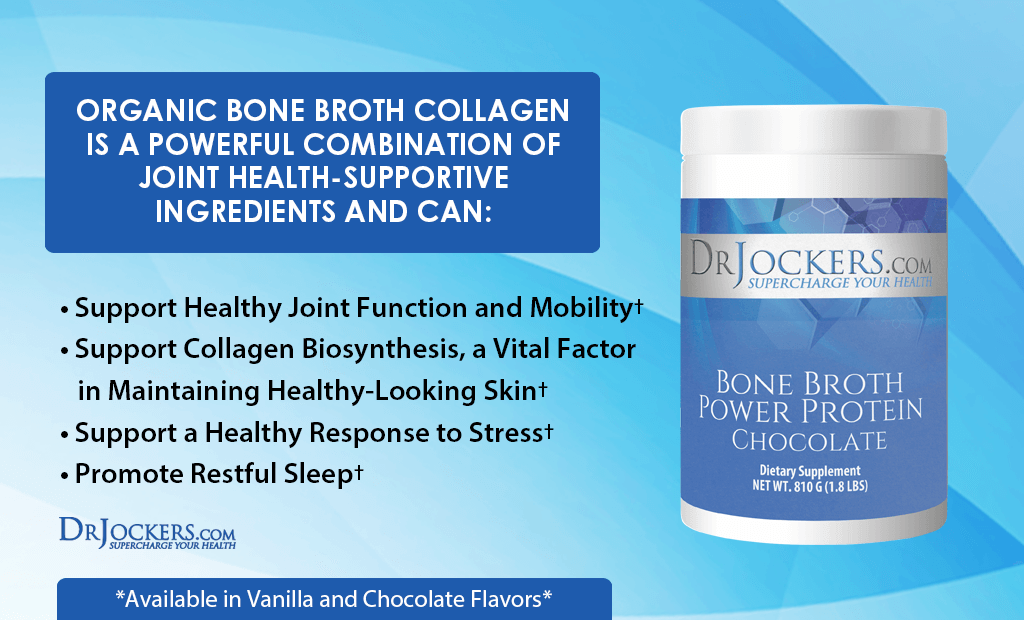
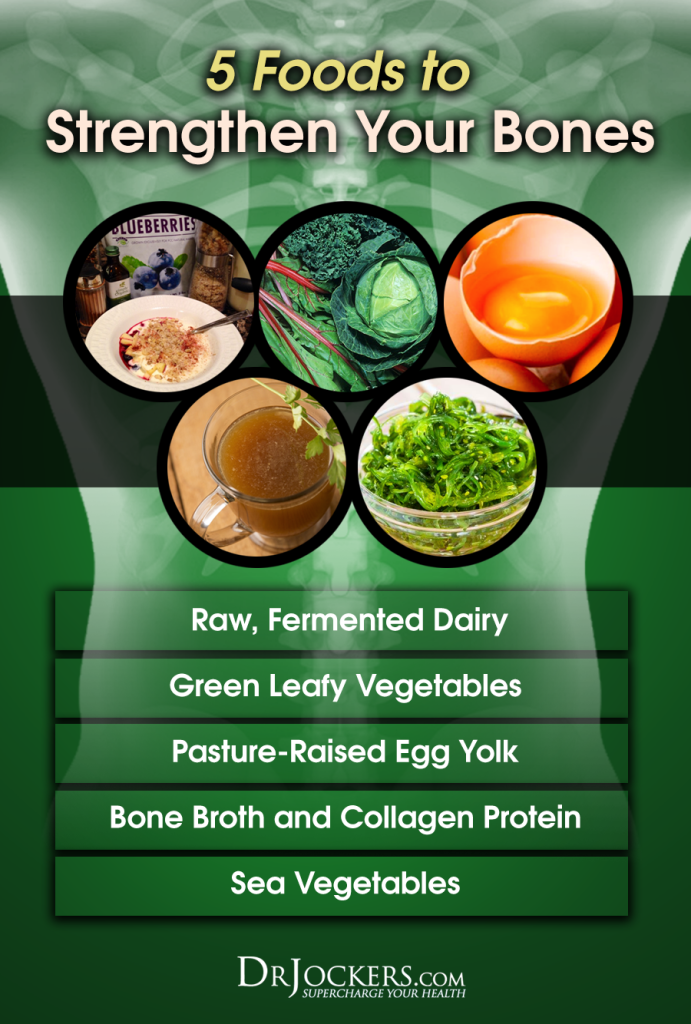
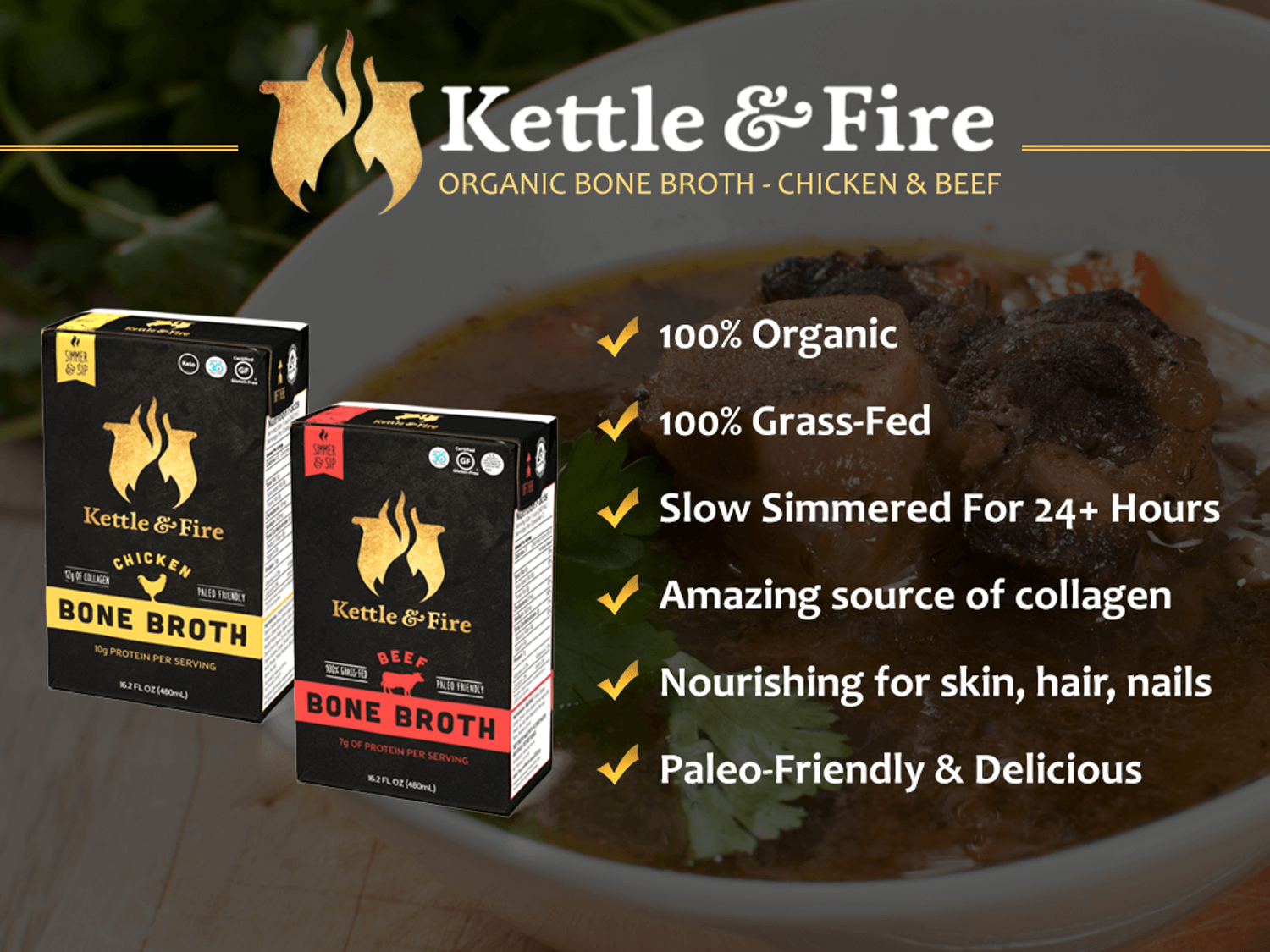
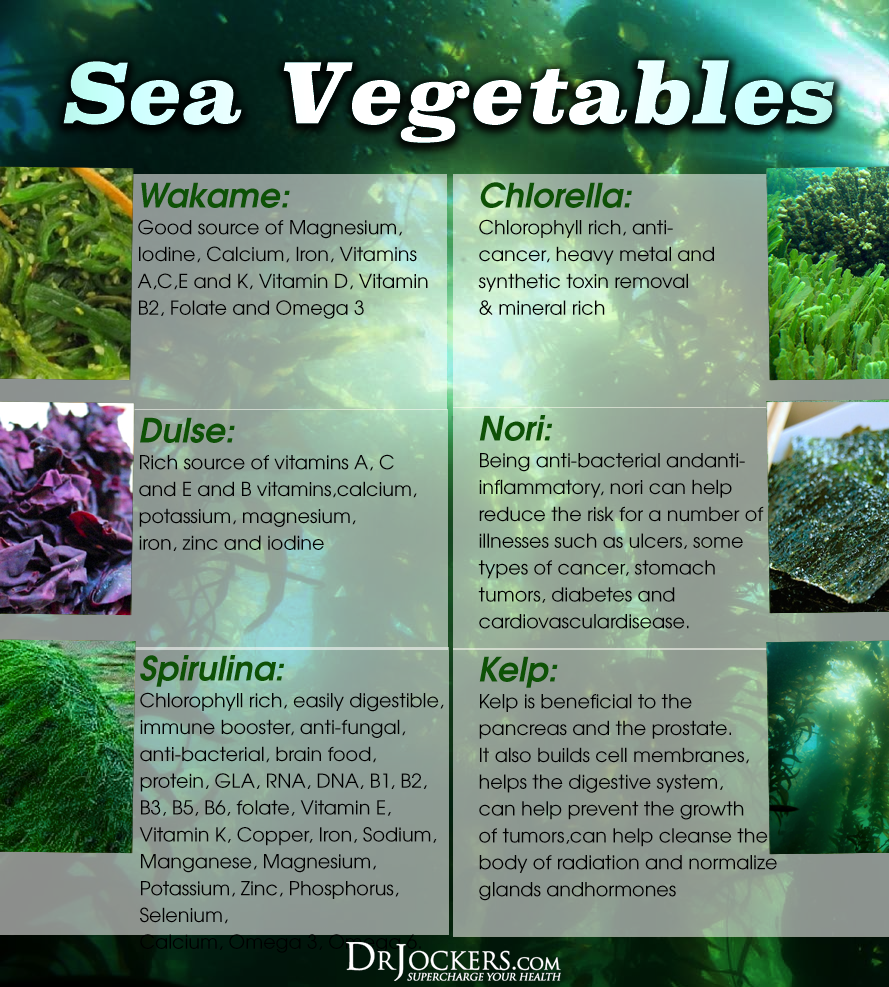

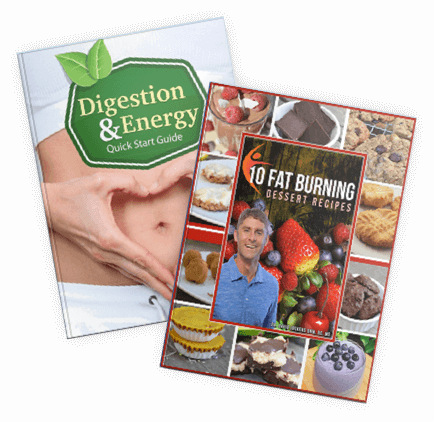

Unless calcium is present in the soil where food is grown, they will not contain calcium. Same goes for grass fed cows and their milk. Additionally, poor gut health and the consumption of gluten will prevent people from absorbing nutrients.
Very good points Tom!!
Someone says: “How gets the cow calcium?Not from milk, for sure”. We don’t have that enzyme in our body enymore what babies has,to digest the milk,so it’s going to rotting in our intestines,cause blowing belly.Right away when the babies starting to eat more solid foods, the enzymes going to be less & less which helps to digest the milk.
Fermented food:easy to make at home, tastir than the store bought organic.
Yes, fermented dairy is the key, not pasteurized dairy!
I take Coumadin. I limit greens. I usually eat iceberg salad. I love greens but my INR is impotent to maintain in range of 2.5 to 3.5. I have a mechanical heart valve and cannot tale the other blood thinners. So I do the best I can . Any suggestions for me that don’t put me at risk for stroke as vitamin K is the antidote to my medicine.
Thank you
Sheena Sims
Yes Sheena – K1 is the blood coagulator. Vitamin K2 is not. You can do vitamin K2 safely
Have been diagnosed with Celiac disease
at the age of 81, now at 84 and still can’t get
intestines straightened out.
Not eating any gluten, not even eating any of that gluten free crap,
how many years does it take to heal the intestines?
Going to try Bone Broth and Collagen protein any other suggestions, to stop malabsorption? Trying to gain weight on Fruits/Vegetables & Meat. Thanks
Sorry to hear this! Here is a helpful article: https://drjockers.com/6-nutrients-heal-leaky-gut-syndrome/
How would u get calium into your bones safely and away from your blood , pls
The key is to have enough magnesium, vitamin D and K2. Here is a helpful article: https://drjockers.com/vitamin-k2/
The results of a recent back X-ray due to constant low back pain, reported a diagnosis of osteopenia. I’m 70 and want to restore as much bone density as possible to avoid the advancement of osteoporosis. I have been taking a D3 supplement but obviously this was not enough. Dietary changes also necessary. Besides the food good for bone health, are there foods that should be avoided?
Hello Anne, yes I would be sure to avoid the foods discussed in this article: https://drjockers.com/inflammatory-foods/